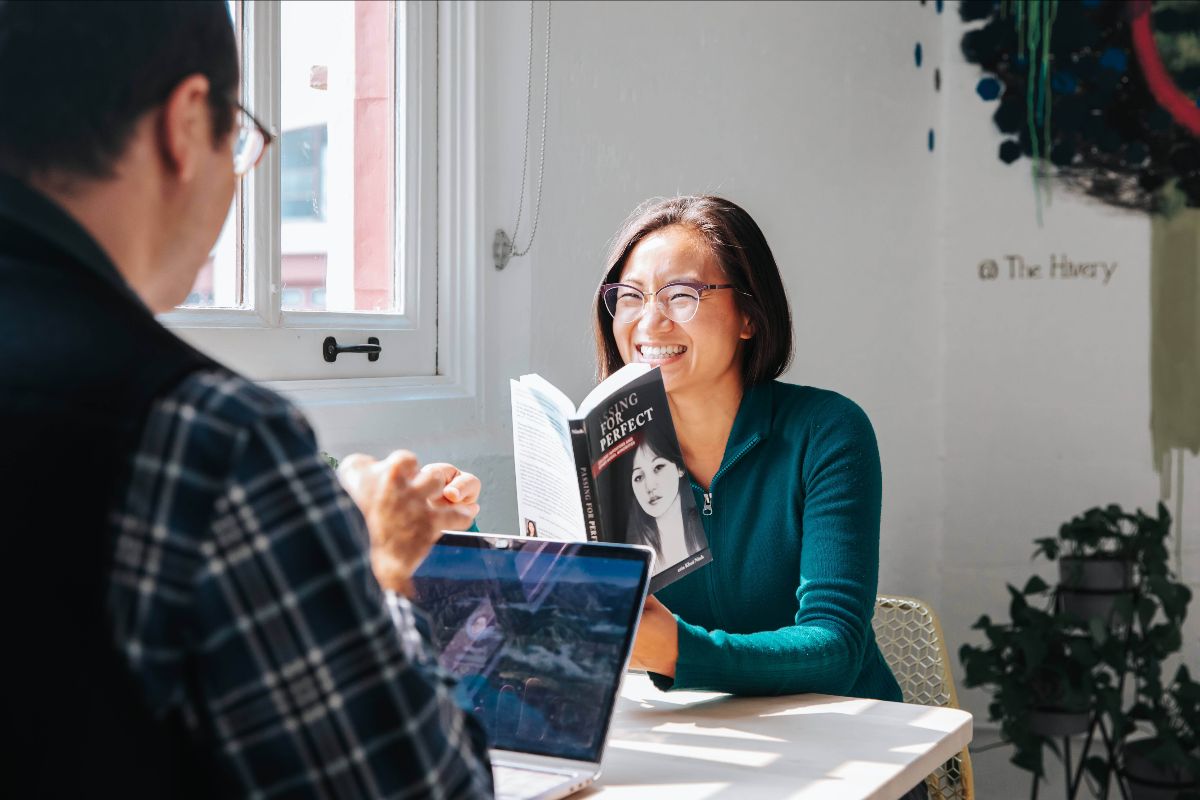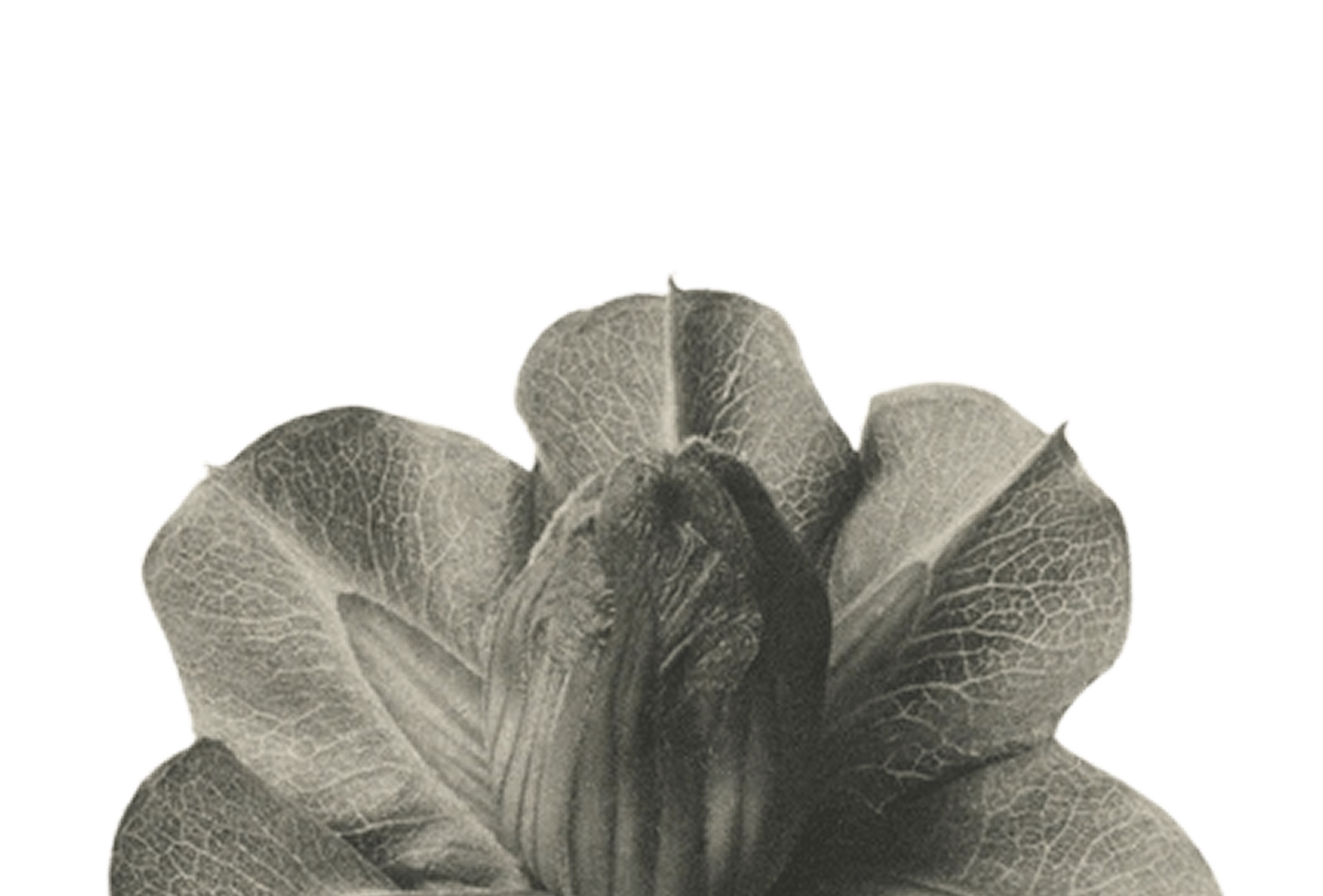
Dear readers,
It's been a minute (ok, more precisely a season) since I last wrote; I hope this email finds you nourished and well. Though this winter has brought us reasons to grieve—bell hooks' passing, the global surge of Omicron—I hope there are also occasions of joy, humor, and connection that you'll remember this time by.
These past months have been busy ones for me, as I started a new job as the Chaplaincy Program Coordinator at the Institute of Buddhist Studies in Berkeley, California. It's an honor to work with my colleagues at IBS to support those who are deepening their education in spiritual care. Chaplaincy is a growing field—not surprising, given these spirit-straining times. Buddhists remain a small minority within the profession, though I like to think of chaplaincy as an orientation, an ethic of care, a field of merit if you will, that expands beyond its professionalized parameters.
Without the encouragement of my supervisors and peers during a yearlong residency in hospital chaplaincy, I don't know that I would ever have written Be the Refuge. I certainly would not have written my next book, a memoir about Buddhist chaplaincy, grief, and spiritual friendship, which will be coming out with North Atlantic Books in the spring of 2023 (stay tuned!).
A decade ago this year, I published my first article, "Huge Love," in Inquiring Mind, with my partner Trent Walker. Trent and I may only be able to co-write one piece every ten years, given how challenging it was for us to finish "The Many Faces of Cultural Appropriation," published this month in Buddhadharma magazine. We struggled to write about a charged topic in a way that defuses tensions and invites mutual understanding. We're not sure we succeeded, though we tried our best, and are grayer-haired for the effort. I'll warn that it's not exactly a cheerful holiday read, though we love the artwork that Buddhadharma chose to accompany the article. (I'm tickled to think of broccoli and onions among cultural appropriation's many faces.) The issue includes contributions by Zenju Earthlyn Manuel on offerings to ancestors, Randy Rosenthal on the dangers of meditation, Guo Gu on wonderment, and a particularly sweet piece by our friend Ralph H. Craig III on our relationship to Buddhist stories.
It's been my habit to share about upcoming events in these newsletters, though plans these days feel ephemeral as names traced in sand. Trent and I hope it will still be possible to hold the "Story and Song" retreat at the Barre Center in mid-February—thank you to the wonderful group of people who've registered. (For a taste of the chants we'll be learning from, see "Grieving for the Buddha: Three Cambodian Songs"). We hope to stop at Skidmore, Dartmouth, Brown, as well as Andover, Lowell, and Boston as part of that trip. For those who plan to attend the American Academy of Religion Western Region conference in Las Vegas in March and the Association for Asian American Studies conference in Denver in April, I hope to see you there in person. A conference in early June should take me to New York; it's been 15 years since I was there last.
Reflecting back on 2021 during these shortest days of the year, I want to thank each and every one of you for being among the people who welcomed Be the Refuge into the world with open minds and hearts. As Ruth Ozeki's recently published novel The Book of Form and Emptiness reminds us, books are beings who are always making (as much as they are made by) their authors. Ruth's conversation with Francisca Cho at the Barre Center was one of my favorite online events of this past year.
I'd be remiss to sign off without explaining the photo above! Back in August, in a most unexpected concatenation of causes and conditions, Trent and I found ourselves the subjects of an impromptu photo shoot in San Francisco. I happened to have erin Khûe Ninh's Passing for Perfect: College Imposters and Other Model Minorities on me, and that extraordinary book became the photoshoot's central star. Passing for Perfect unmade me in the most necessary of ways. Everyone I know who's read the book has wept. erin's conversation with Takeo Rivera for Town Hall Seattle also brought tears to my eyes—I aspire to the brilliance and empathy of these two scholars and writers.
Well, my friends, you've arrived at end of my final newsletter of the year. I'm wishing you a peaceful last few days of 2021 and a new year of marvelous possibilities.
Warmly,
~Chenxing
